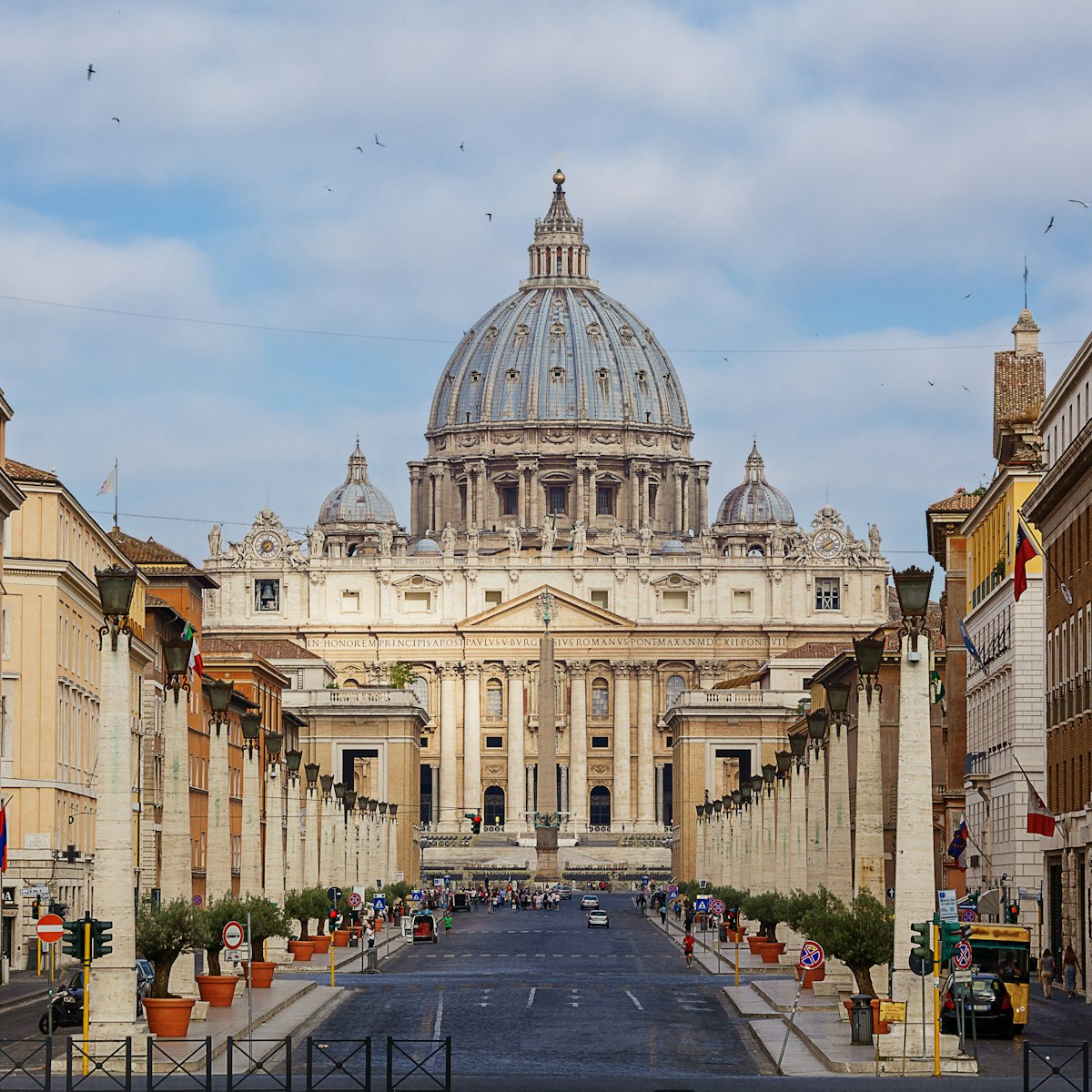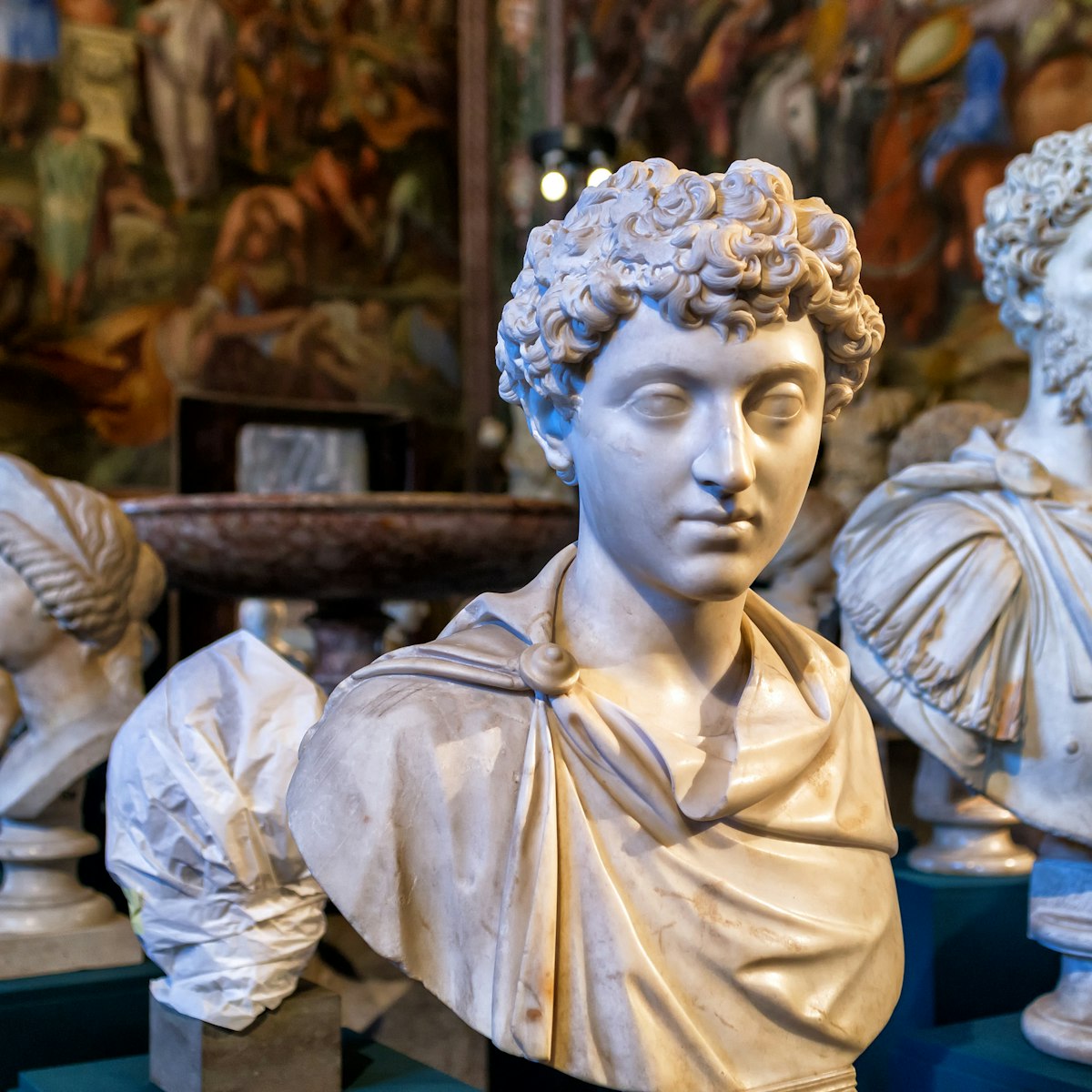Discovered when excavating the grounds of a private villa to build a swimming pool, the remains of this Roman villa give a sense of how a gracious ancient Roman life was lived, with mosaics and the remains of its private bath house, set amid the countryside of the Appia Antica Regional Park. Don't miss the exhibition of photos detailing the encroachment of the modern age on the Appian Way and efforts being made to preserve it.
A small office sells detailed Appian Way maps (€1.50) and guidebooks (€8).







